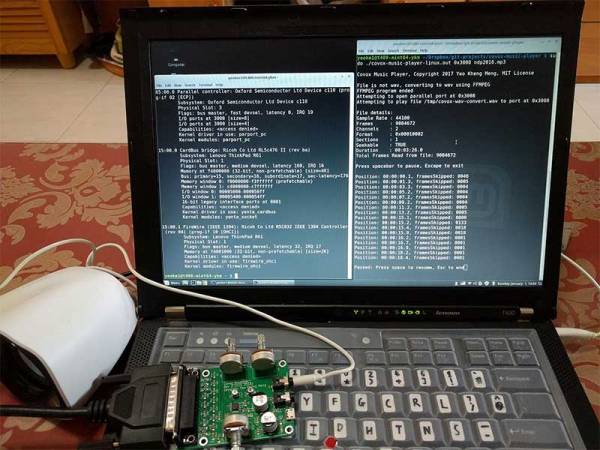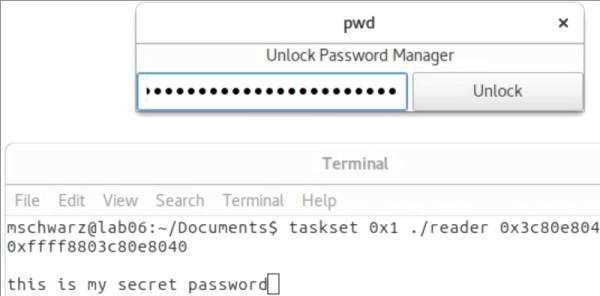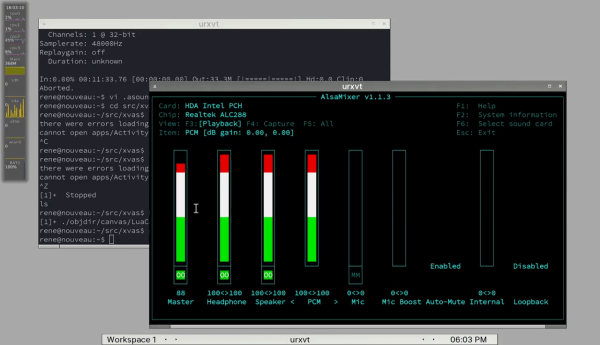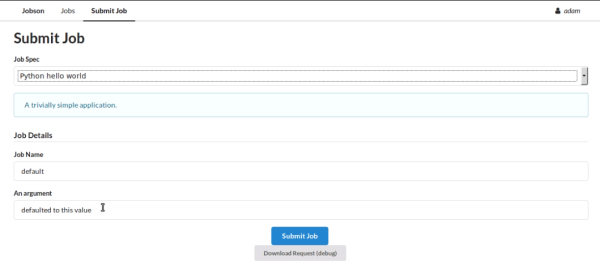Time zones have been a necessity since humans could travel faster than a horse, but with computers, interconnected over a vast hive of information, a larger problem has emerged. How do you keep track of time zones? Moreover, how do you keep track of time zones throughout history?
Quick question. If it’s noon in Boston, what time is it in Phoenix? Well, Boston is in the Eastern time zone, there’s the Central time zone, and Phoenix is in the Mountain time zone; noon, eleven, ten. If it’s noon in Boston, it’s ten o’clock AM in Phoenix. Here’s a slightly harder question: if it’s noon in Boston, what time is it in Phoenix during Daylight Savings Time? Most of Arizona doesn’t observe Daylight Savings Time, so if it’s noon in Boston, it’s 9 AM in Phoenix. What about the Navajo Nation in the northwestern part of Arizona? Here, Daylight Savings Time is observed. You can’t even make a rule that all of Arizona is always on Mountain Standard Time.
Indiana is another example of bizarre time zones. For most of the 20th century, Indiana was firmly in the Central time zone. Starting in the 1960s, the line between Eastern and Central time slowly moved west from the Ohio border. Some countries opted not to observe Daylight Savings Time. In 2006, the entire state started to observe DST, but the northwest and southwest corners of the state remained firmly in the Central time zone. The odd geographic boundaries of time zones aren’t limited to the United States, either; Broken Hill, New South Wales, Australia is thirty minutes behind the rest of New South Wales.
Working out reliable answers to all of these questions is the domain of the Time Zone Database, a catalog of every time zone, time zone change, and every strange time-related political argument. It records Alaska’s transition from the Julian to the Gregorian calendar. It describes an argument in a small Michigan town in 1900. It’s used in Java, nearly every kind of Linux, hundreds of software packages, and at least a dozen of the servers and routers you’re using to read this right now.
Continue reading “The Database Of The Time Lords” →

















